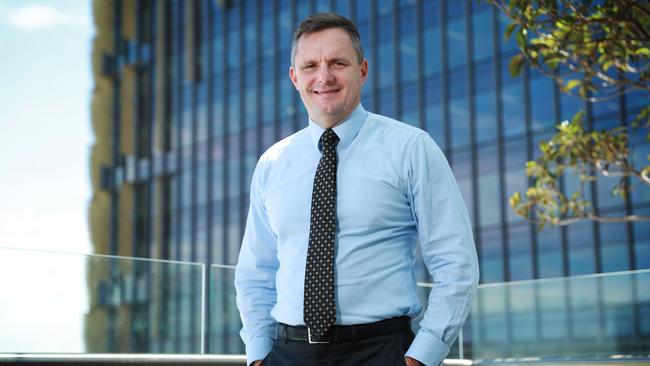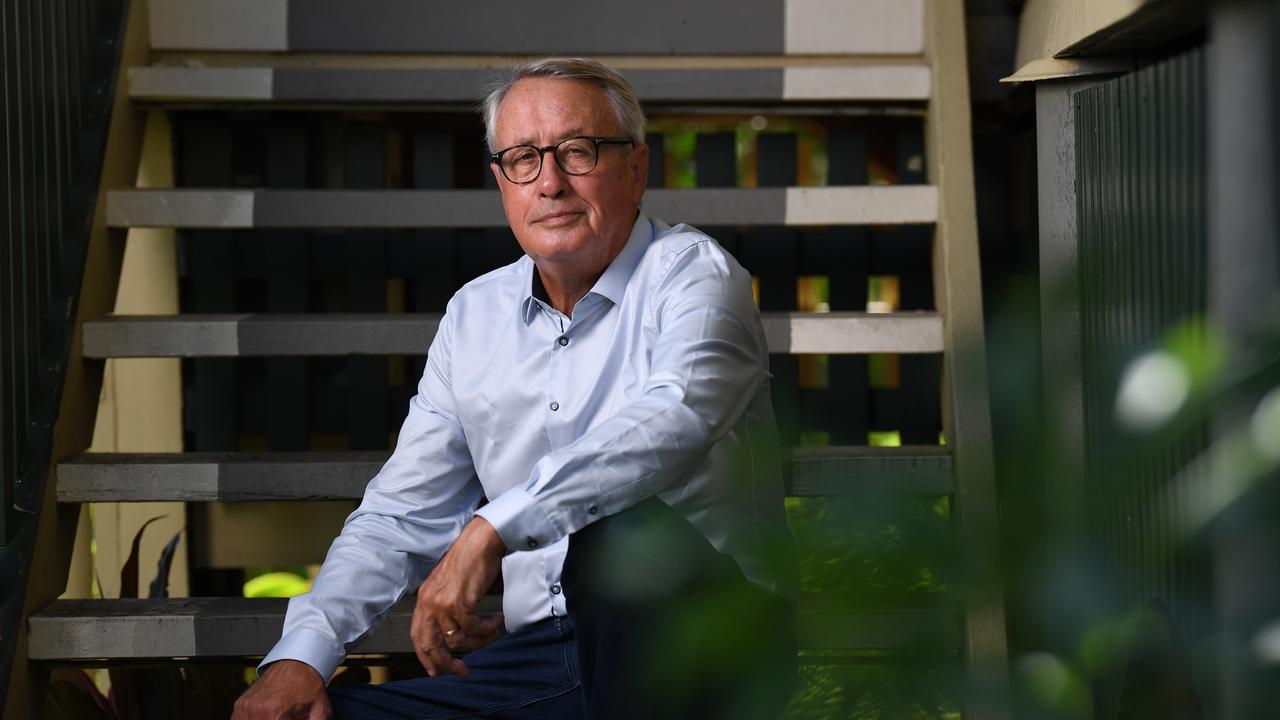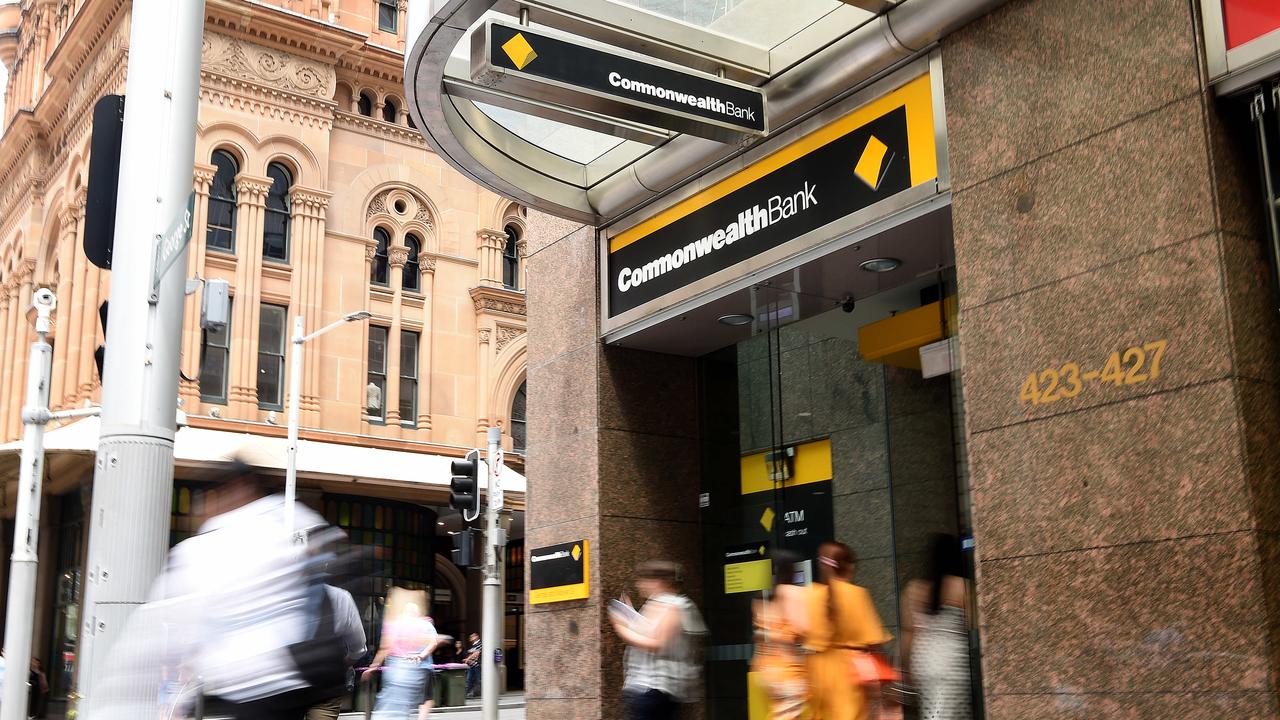Suncorp shares slump on result amid calls for more action on climate change
Suncorp’s boss has called for a federal program to improve infrastructure and community resilience in wake of natural disasters.

Suncorp boss Steve Johnston has called for a federally funded program in the May budget to improve infrastructure and the resilience of communities in the wake of natural disasters that have wreaked havoc across the nation.
Five years after Suncorp first urged politicians to heed warnings on the risks posed by climate change, Mr Johnston predicted that the government and taxpayers would eventually foot the bill if action isn’t taken.
“The irony is you can get a subsidy to put a solar panel on your roof but you can’t get a subsidy to batten that roof down to protect it against a category four or category five cyclone,” Mr Johnston told The Australian.
“There’s a group of people that in good faith have built homes and are now living in areas where we’ve put them in harm’s way. Planning laws have put them in harm’s way and it’s absolutely the time now to focus on a program to improve that.”
A federally funded, state government-supported multi-year program, going right through to the local authorities in terms of planning laws, would be nation-building and stimulatory, he said.
“If one thing comes out of this horrible situation it is that we can get this dialogue around resilience and mitigation on the policy agenda ahead of the budget so we can get some traction,” he added.
Warning on the risks posed by further inaction on protecting against climate change, Mr Johnston said the taxpayer would ultimately pick up the cost of repairs from natural disasters.
“Our position as a national insurer is to provide coverage everywhere, and we do that. But we would not be a successful or sustainable organisation if we didn’t reflect costs appropriately in our pricing … we’ve got to reflect that in our premiums and my concern is as the frequency and severity of events increases, there’ll be areas of Australia where insurance becomes less affordable.
“And the consequence of that is that the government picks up the tab. I’ve been through a lot of the bushfire areas and talked to people who haven’t had insurance and the government will be supporting these people for at least the medium term through welfare and other means.”
Three per cent of disaster money was currently spent on prevention and 97 per cent on recovery after peril events, he said.
Mr Johnston was speaking after handing down a “disappointing” first-half result that was weighed down by slimmer margins, higher costs and a contraction in the home lending book.
For the six months through December 31, the insurer’s net profit more than doubled to $642m, but the result was boosted by sales of its Capital SMART and ACM Parts businesses. Stripping this out, after-tax profit declined 6.2 per cent to $396m. Group revenue fell 6 per cent to $7.05bn.
Its Australian insurance business posted a 3.9 per cent drop in profit to $123m, while profit at its banking arm fell 6.6 per cent to $171m and its New Zealand division saw profit slide 10 per cent to $108m.
Its underlying insurance margin slipped 50 basis points to 9.3 per cent on the back of rising reinsurance costs, lower yields and an increase in claims handling expenses.
Analysts were disappointed with the numbers, which came in below consensus estimates and pointed to a challenging outlook.
“This is a soft result missing both Citi and consensus estimates, with underlying general insurance margin-poor, although the return to unit growth in Australian consumer insurance is a positive,” Citi analysts led by Nigel Pittaway said.
Morningstar analyst Nathan Zaia said the result was weaker than expected, with higher New Zealand claims particularly surprising. He also noted the return to unit growth as a positive for the business.
Handing down the result, Mr Johnston revealed that a strategic review of Suncorp’s wealth division was under way. The insurer was looking at all options, including divestment, and would hope to have the review completed by the full-year result, Mr Johnston told The Australian.
The result comes as insurers have been tested with their toughest summer yet as hail, fires, storms and floods have battered the nation, inflicting a damage bill of more than $2bn to date.
Suncorp was hit with seven natural hazard events over the half, with 42,219 claims lodged in Australia and 3260 in New Zealand. The vast majority of the claims were in the personal segment.
The recent storms that have lashed Sydney are also taking their toll, with Mr Johnston confirming more than 5000 claims have been received to date, with many more expected.
Addressing the prospect of a capital return to shareholders, Mr Johnston said a stronger balance sheet would serve the insurer well heading into its reinsurance renewal process.
“I feel we will be better informed about the medium-term investment needs of the business at the conclusion of our annual planning process in May. It also makes sense for us to retain maximum capital flexibility as we negotiate our 2021 reinsurance renewal,” he said.
Suncorp announced an interim dividend of 26c per share, flat on the prior year, fully franked. The dividend is equivalent to a payout ratio of about 90 per cent.
Shares closed down 1.28 per cent at 12.35.



